Senators share reflections on National Day for Truth and Reconciliation
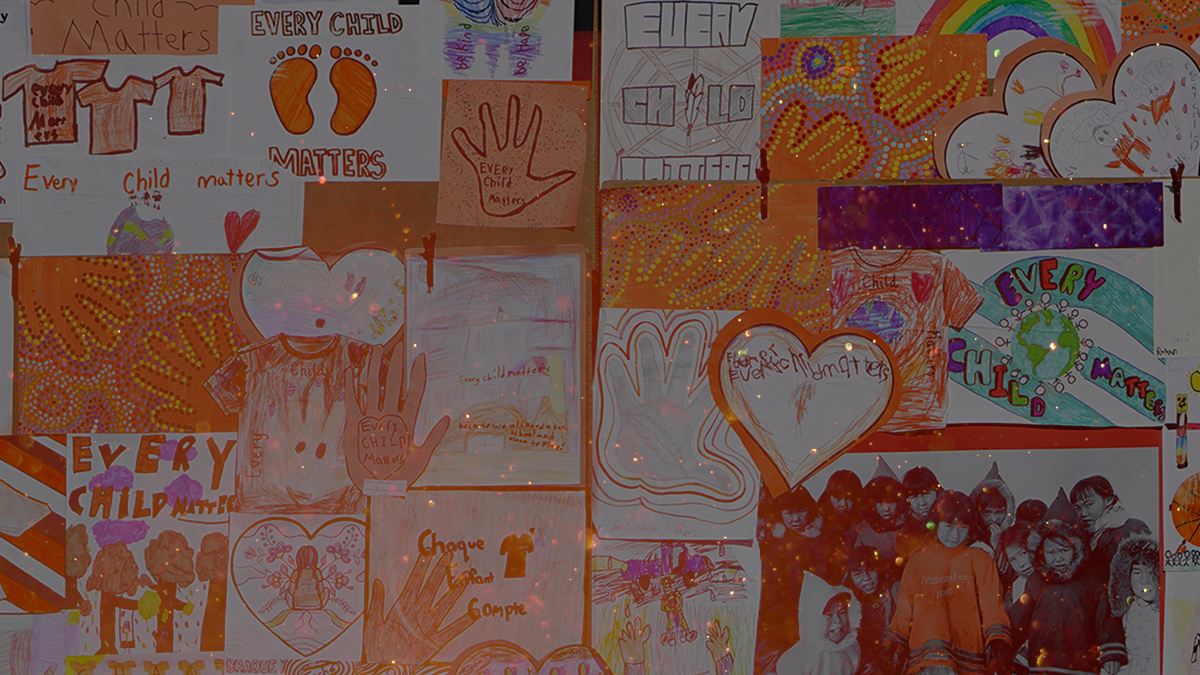
September 30 marks the National Day for Truth and Reconciliation, a time to honour the Survivors of Indian Residential Schools, their families and the children who never returned home.
As public commemorations take place across the country, senators reflect on what this day means to them.
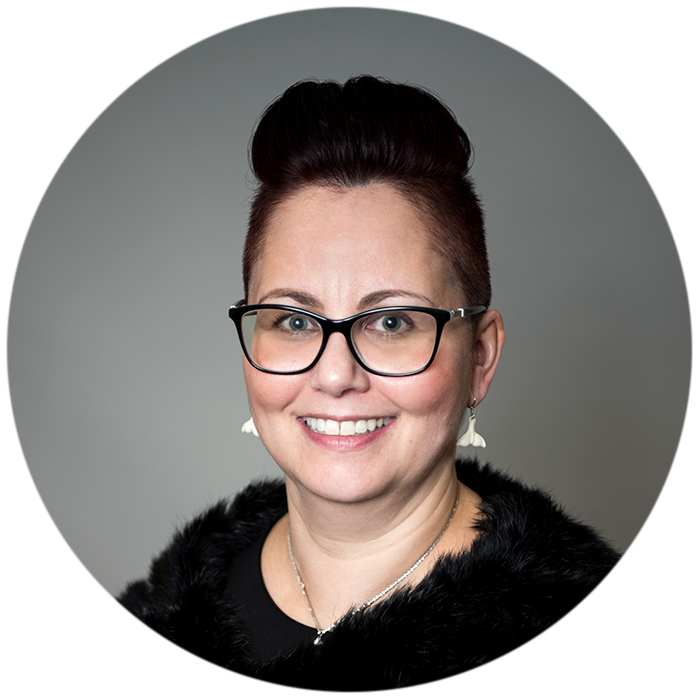
Senator Margaret Dawn Anderson
On September 30, we recognize the National Day for Truth and Reconciliation. It is a day of remembrance for the legacy of the children who never returned home, the Survivors of residential schools, as well as the impacts on their families and communities. I urge you to get out there and learn our stories, make changes in your community, and do your own research to ensure we are not repeating the historical wrongs of Canada in the guise of reconciliation. Quyanainni.
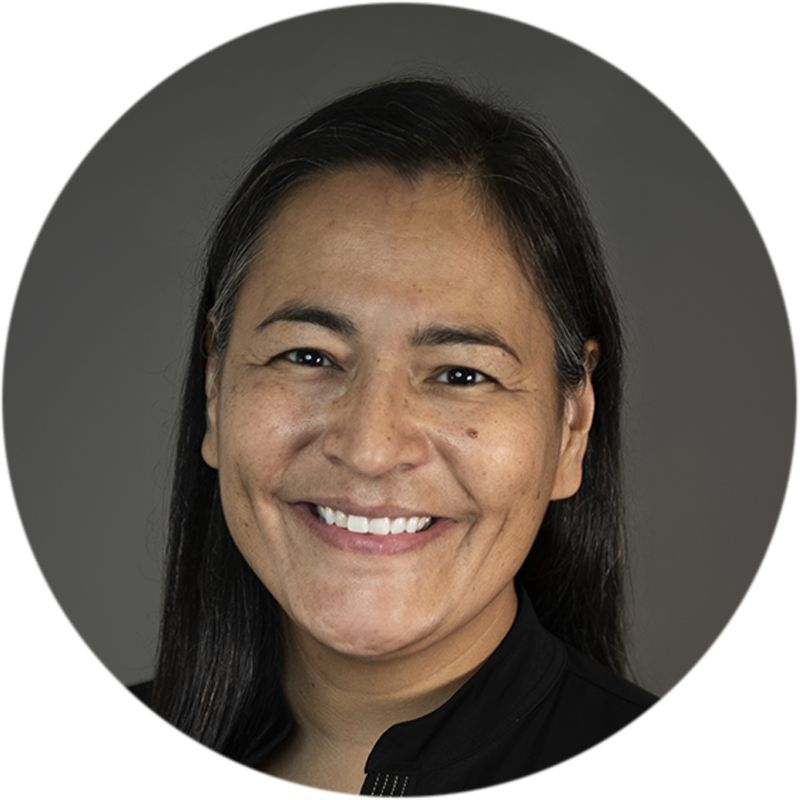
Senator Michèle Audette
The precious teachings of kokums (grandmothers) and mushums (grandfathers) remind us that we are all equal in the eyes of the Creator. Their wisdom transcends adversity. Despite the atrocities they endured in residential schools, despite the fracture… they reach out to Canadians in order to reconcile with history, our history, a common history that we must all bear. They reach out to Canadians so that each one can find their place within the circle, respecting their own history, experience and identity. From their great resilience, their enormous courage, from the depths of their hearts, they encourage us to be true to ourselves, to love our neighbours, to be proud of our identity, our culture, our ceremonies, our languages and our knowledge. Let’s be proud to celebrate 10,000 years of existence and richness.
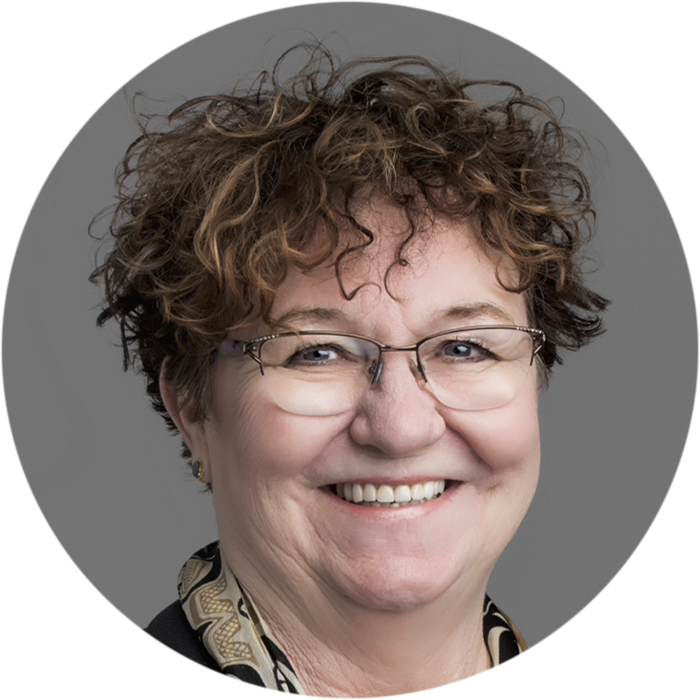
Senator Yvonne Boyer
Each year, on September 30, Canada marks the National day for Truth and Reconciliation.
For Métis, First Nations and Inuit, this is a day for us to remember and honour our relatives who we have lost over the years because of colonial violence. We gather in ceremony and community to be there for each other, and all our relations.
For non-Indigenous Canadians, this is a day to learn about and reflect on the horrific legacy and impacts of colonialism across this country. But this learning and reflection can not only be limited to one day a year. Reconciliation is an ongoing process, and it requires a daily commitment to move it forward.
On this day, and every day, I encourage everyone to take time to reflect on Canada’s history and take action to improve how we move forward.

Senator Patrick Brazeau
The National Day for Truth and Reconciliation is indeed a solemn time for reflecting on the injustices of the past and how they colour the present.
But reconciliation cannot be reached by reflection alone. Meaningful reparations must be made before we can move forward together. Symbolic gestures are not enough to address the inequities Indigenous people still face.
With that said, I have faith that the old prejudices are slowly fading as awareness grows of the lasting effects of European settlement. If the leaders of this country can support their stated commitment to reconciliation with action, we will move closer to the day that all peoples who call this land home will live together in peace and understanding.
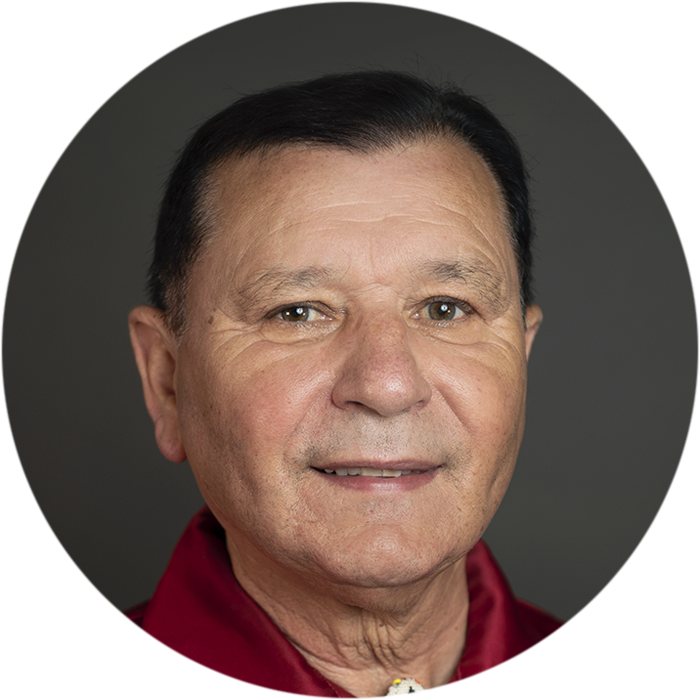
Senator Brian Francis
On this solemn day, I pause to honour the thousands of beautiful and innocent First Nations, Inuit and Métis children who suffered and died at Indian Residential Schools, Indian Day Schools and at related institutions such as hospitals, reformatories and convents that attempted to control, assimilate and erase us.
Our determination to not only survive but recover, rebuild and prosper brings me tremendous pride and hope. At the same time, my heart is heavy because after decades of fighting to be heard, believed and supported, Survivors, families and communities continue to face indifference and denial. If governments, churches and the broader society are sincere about reconciliation, I challenge them to genuinely work with us to address past and ongoing injustices. That includes any legal, financial and other barriers that undermine our search for truth, justice and healing.

Senator Margo Greenwood
September 30 marks the third National Day for Truth and Reconciliation.
There will be no celebrations or festivities. Instead, Canadians from coast-to-coast-to-coast are called upon to reflect on the legacy of residential schools and its ongoing impacts on Survivors and their families across generations. All Canadians are called upon to contemplate how they can further the cause of reconciliation today and every day.
An estimated 150,000 First Nations, Inuit and Métis children were removed from their families and forced to abandon their traditions, languages, cultures and identities. Many children were physically and sexually abused, and thousands of children would never see their families again.
The violence and intergenerational trauma perpetrated by the state and church continues to live on for Indigenous peoples across Canada.
But this truth is challenged by the disturbing rise of denialism and those seeking to undermine the lived experiences of First Nations, Inuit and Métis families.
Let us commit as a nation to always endeavour to protect these truths as we move forward on the long and difficult path of reconciliation and combat the rise of denialism at every opportunity.
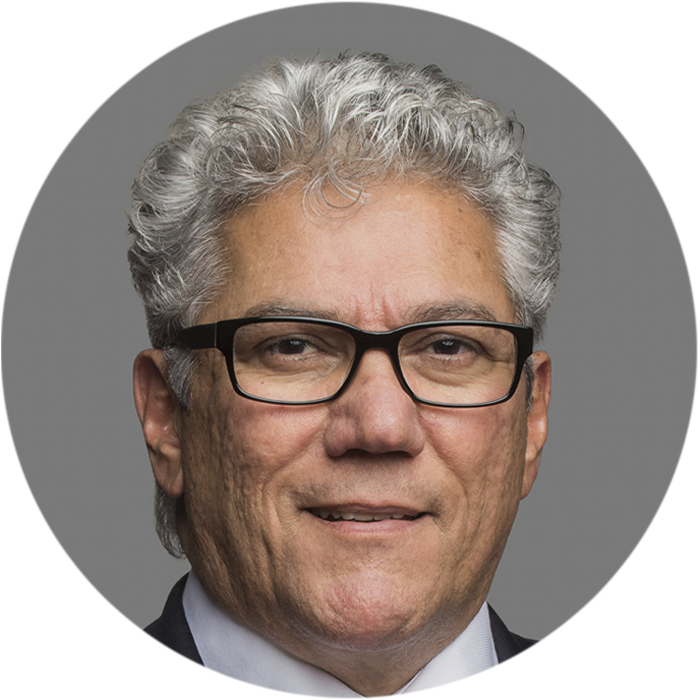
Senator Marty Klyne
On September 30, we honour the victims of residential schools, including the children who never came home, and the Survivors whose courage showed Canadians the truth of what happened at these places. The continuing discovery of unmarked graves, including in Saskatchewan, requires ongoing reckoning with our country’s history.
As we hold the victims in our hearts and pray for healing, we also mark important progress towards reconciliation. Milestones this year include the release of Canada’s UN Declaration Action Plan, and Whitecap Dakota First Nation becoming the first self-governing Indigenous nation in Saskatchewan. We also learned that a new Residential Schools National Monument will be installed on Parliament Hill, following Saskatchewan’s dedication of a memorial last year.
Looking ahead, we recommit to answering the Calls to Action of the Truth and Reconciliation Commission, including ending the use of corporal punishment on Canadian kids through Senate Bill S-251, and advancing economic reconciliation.

Senator Patti LaBoucane-Benson
Reconciliation is an action that takes energy and ongoing commitment. Every Canadian needs to be engaged in the process of reconciliation — of telling, hearing and acting upon the truth. We must be uncomfortably honest about trauma and injustice, both past and ongoing. And we must honestly recognize the excellent work being done by Indigenous people and allies to address wrongs, to heal and to create a kinder, more equitable country in which we all support and strengthen each other.
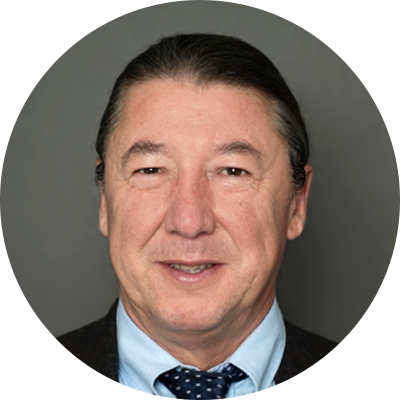
Senator Paul J. Prosper
With the recent discovery of unmarked burial sites at former Indian Residential Schools, these past few years have been incredibly difficult for Indigenous communities across the country. The National Day for Truth and Reconciliation allows us to come together and grieve the countless children who never returned home.
It’s also a day to reflect on the residential school system’s lasting impacts on First Nations, Métis and Inuit communities, and the resiliency of Survivors and their families.
To rebuild Canada’s relationship with Indigenous people, we must be able to reflect on our shared history, however painful that process may be.
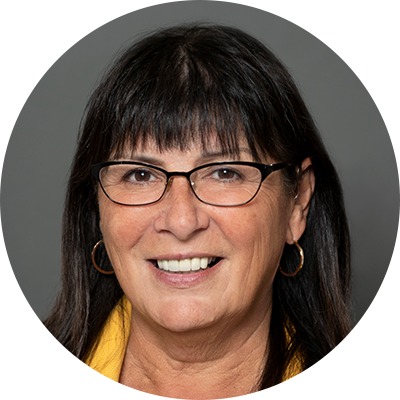
Senator Judy A. White
There were 140 federally run Indian Residential Schools from 1867 until the last institution closed in 1996. The legacy of this painful chapter of Canada’s history still lingers.
The National Day for Truth and Reconciliation is a time to pause and reflect on this significant part of our history, which continues to impact First Nations, Métis and Inuit communities today. September 30 is not just a day to honour residential school victims, Survivors and the communities who lost their beloved children; it’s also a day to celebrate the resilience of Indigenous people from coast to coast to coast.
Related articles
Tags
Committee news
Senators share reflections on National Day for Truth and Reconciliation

September 30 marks the National Day for Truth and Reconciliation, a time to honour the Survivors of Indian Residential Schools, their families and the children who never returned home.
As public commemorations take place across the country, senators reflect on what this day means to them.

Senator Margaret Dawn Anderson
On September 30, we recognize the National Day for Truth and Reconciliation. It is a day of remembrance for the legacy of the children who never returned home, the Survivors of residential schools, as well as the impacts on their families and communities. I urge you to get out there and learn our stories, make changes in your community, and do your own research to ensure we are not repeating the historical wrongs of Canada in the guise of reconciliation. Quyanainni.

Senator Michèle Audette
The precious teachings of kokums (grandmothers) and mushums (grandfathers) remind us that we are all equal in the eyes of the Creator. Their wisdom transcends adversity. Despite the atrocities they endured in residential schools, despite the fracture… they reach out to Canadians in order to reconcile with history, our history, a common history that we must all bear. They reach out to Canadians so that each one can find their place within the circle, respecting their own history, experience and identity. From their great resilience, their enormous courage, from the depths of their hearts, they encourage us to be true to ourselves, to love our neighbours, to be proud of our identity, our culture, our ceremonies, our languages and our knowledge. Let’s be proud to celebrate 10,000 years of existence and richness.

Senator Yvonne Boyer
Each year, on September 30, Canada marks the National day for Truth and Reconciliation.
For Métis, First Nations and Inuit, this is a day for us to remember and honour our relatives who we have lost over the years because of colonial violence. We gather in ceremony and community to be there for each other, and all our relations.
For non-Indigenous Canadians, this is a day to learn about and reflect on the horrific legacy and impacts of colonialism across this country. But this learning and reflection can not only be limited to one day a year. Reconciliation is an ongoing process, and it requires a daily commitment to move it forward.
On this day, and every day, I encourage everyone to take time to reflect on Canada’s history and take action to improve how we move forward.

Senator Patrick Brazeau
The National Day for Truth and Reconciliation is indeed a solemn time for reflecting on the injustices of the past and how they colour the present.
But reconciliation cannot be reached by reflection alone. Meaningful reparations must be made before we can move forward together. Symbolic gestures are not enough to address the inequities Indigenous people still face.
With that said, I have faith that the old prejudices are slowly fading as awareness grows of the lasting effects of European settlement. If the leaders of this country can support their stated commitment to reconciliation with action, we will move closer to the day that all peoples who call this land home will live together in peace and understanding.

Senator Brian Francis
On this solemn day, I pause to honour the thousands of beautiful and innocent First Nations, Inuit and Métis children who suffered and died at Indian Residential Schools, Indian Day Schools and at related institutions such as hospitals, reformatories and convents that attempted to control, assimilate and erase us.
Our determination to not only survive but recover, rebuild and prosper brings me tremendous pride and hope. At the same time, my heart is heavy because after decades of fighting to be heard, believed and supported, Survivors, families and communities continue to face indifference and denial. If governments, churches and the broader society are sincere about reconciliation, I challenge them to genuinely work with us to address past and ongoing injustices. That includes any legal, financial and other barriers that undermine our search for truth, justice and healing.

Senator Margo Greenwood
September 30 marks the third National Day for Truth and Reconciliation.
There will be no celebrations or festivities. Instead, Canadians from coast-to-coast-to-coast are called upon to reflect on the legacy of residential schools and its ongoing impacts on Survivors and their families across generations. All Canadians are called upon to contemplate how they can further the cause of reconciliation today and every day.
An estimated 150,000 First Nations, Inuit and Métis children were removed from their families and forced to abandon their traditions, languages, cultures and identities. Many children were physically and sexually abused, and thousands of children would never see their families again.
The violence and intergenerational trauma perpetrated by the state and church continues to live on for Indigenous peoples across Canada.
But this truth is challenged by the disturbing rise of denialism and those seeking to undermine the lived experiences of First Nations, Inuit and Métis families.
Let us commit as a nation to always endeavour to protect these truths as we move forward on the long and difficult path of reconciliation and combat the rise of denialism at every opportunity.

Senator Marty Klyne
On September 30, we honour the victims of residential schools, including the children who never came home, and the Survivors whose courage showed Canadians the truth of what happened at these places. The continuing discovery of unmarked graves, including in Saskatchewan, requires ongoing reckoning with our country’s history.
As we hold the victims in our hearts and pray for healing, we also mark important progress towards reconciliation. Milestones this year include the release of Canada’s UN Declaration Action Plan, and Whitecap Dakota First Nation becoming the first self-governing Indigenous nation in Saskatchewan. We also learned that a new Residential Schools National Monument will be installed on Parliament Hill, following Saskatchewan’s dedication of a memorial last year.
Looking ahead, we recommit to answering the Calls to Action of the Truth and Reconciliation Commission, including ending the use of corporal punishment on Canadian kids through Senate Bill S-251, and advancing economic reconciliation.

Senator Patti LaBoucane-Benson
Reconciliation is an action that takes energy and ongoing commitment. Every Canadian needs to be engaged in the process of reconciliation — of telling, hearing and acting upon the truth. We must be uncomfortably honest about trauma and injustice, both past and ongoing. And we must honestly recognize the excellent work being done by Indigenous people and allies to address wrongs, to heal and to create a kinder, more equitable country in which we all support and strengthen each other.

Senator Paul J. Prosper
With the recent discovery of unmarked burial sites at former Indian Residential Schools, these past few years have been incredibly difficult for Indigenous communities across the country. The National Day for Truth and Reconciliation allows us to come together and grieve the countless children who never returned home.
It’s also a day to reflect on the residential school system’s lasting impacts on First Nations, Métis and Inuit communities, and the resiliency of Survivors and their families.
To rebuild Canada’s relationship with Indigenous people, we must be able to reflect on our shared history, however painful that process may be.

Senator Judy A. White
There were 140 federally run Indian Residential Schools from 1867 until the last institution closed in 1996. The legacy of this painful chapter of Canada’s history still lingers.
The National Day for Truth and Reconciliation is a time to pause and reflect on this significant part of our history, which continues to impact First Nations, Métis and Inuit communities today. September 30 is not just a day to honour residential school victims, Survivors and the communities who lost their beloved children; it’s also a day to celebrate the resilience of Indigenous people from coast to coast to coast.


